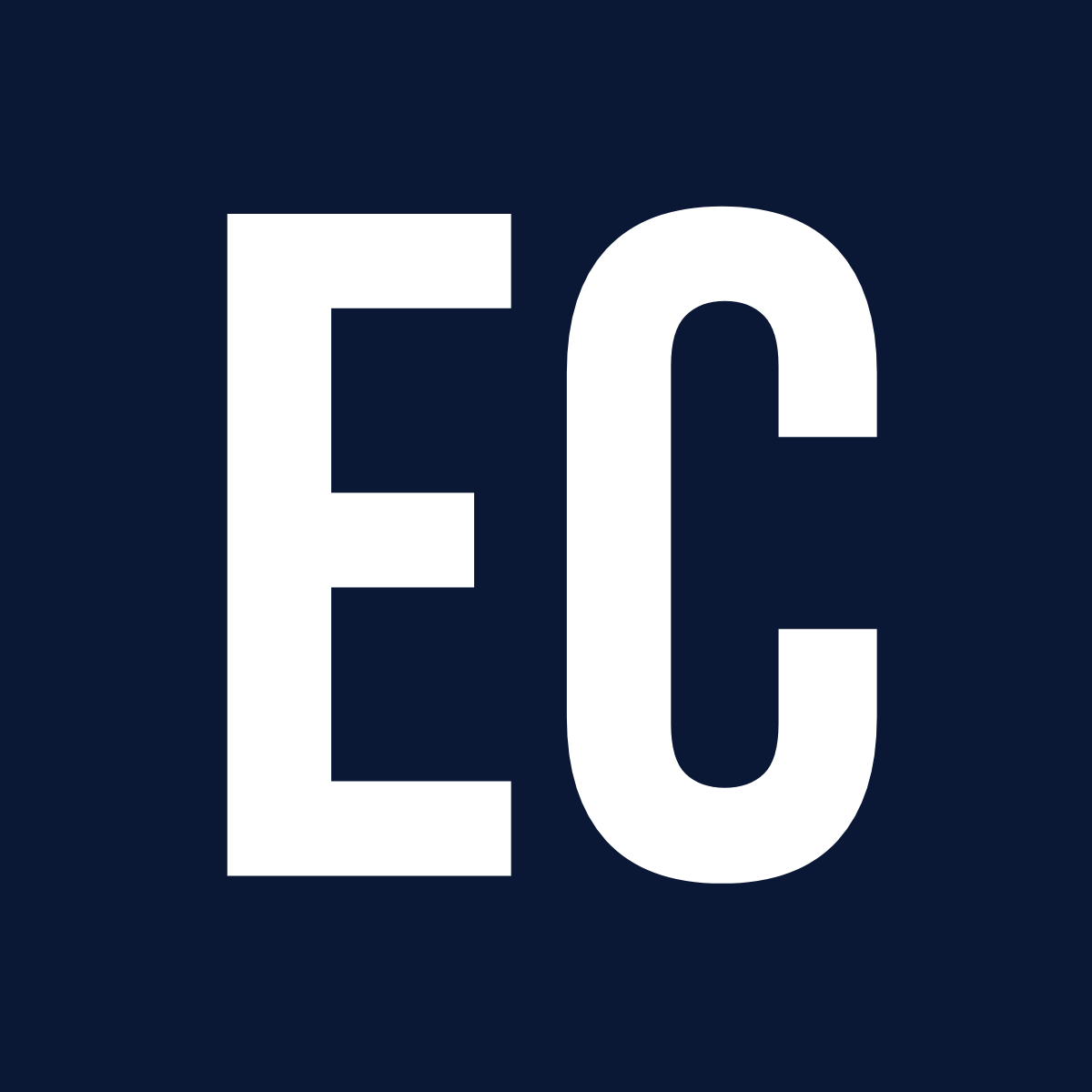Those who take their welding seriously as a career will need to eventually take that first big step: a job interview.
While we all know an applicant for an office job should dress up, bring a resume, and take along a list of references, how does an interview for a welding job work? Do you bring your gear? Do you dress in something other than work clothes? Will you need a resume?
Here is some advice from experienced welders and foremen who conduct interviews for welding jobs.

What to Wear for a Welding Job Interview
Welder Donald Branscom shares, “If I was going to an interview I would wear jeans, work boots, and a long sleeve shirt. Take your helmet, gloves, and welding jacket with you in a bag. Look like a welder. That is what they want. And be polite. They want a smart welder. A safe welder, and a welder that can listen and get along with others.”
If you wear brand new gloves or boots that aren’t too scuffed up, you may look like a beginner. So look professional and neat, but beware looking too clean and “untested” when you go for an interview. Don’t forget your basic welding tools such as a grinder and chipping hammer.
One job interviewer wrote, “The absolute worst offense. ‘Can I borrow a hood and gloves for the bench test?’ You wouldn’t believe how many guys show up for a welding interview and don’t bring their tools with them.”
What to Bring to a Welding Job Interview
Besides your own safety gear and proper work boots, another welder at Miller’s discussion board suggests, “A resume is never a bad idea, but it’s usually not necessary for an entry level job. They’re usually pretty short interviews. Once the employer is reasonably confidant you are not a psychopath, illegal immigrant, or a drug addict they usually just sit you down at a welding station and say ‘OK, Let’s see what you can do.’ Anyone can say they’re a welder, demonstrating the skill is generally what gets you hired.”
In other words, the main thing you should bring to an interview is the ability to perform the kinds of welds your employer needs. References and a resume will help, but skill and knowledge are the keys to a welding job.
Practice Welding Before Your Welding Job Interview
Find out what kinds of welding processes you’ll be using. For example, if you’ll be working on cars and small to medium projects, you’ll certainly want to practice MIG welding. However, if you’ll be working on pipelines or large structures, make sure you practice stick welding in a variety of positions with several different electrodes (especially 7018).
One welding foreman who conducted the interviews and tests for new hires shared the following bit of advice via Hobart, “If we are hiring experienced stick welders to run pipe with 6010 and 7018, and we tell you up front that you will be tested, it shouldn’t come as a surprise when you are asked to do demonstration stick welds. If you can’t stick weld, don’t waste your time and mine. I don’t care if you are a crackerjack carpenter, if you have spent 20 years MIG welding, if you can type 40 words per minute, or if you delivered groceries in high school. I care if you can weld pipe with 6010 and 7018.”
Learn How to Present Yourself for a Welding Job Interview
Basic people skills such as making eye contact, learning the names of the people interviewing/testing you, and showing up a little early will go a long way in your job interview. Welding companies don’t take the time to interview robots who only weld. When hiring an employee, interviewers look at the intangibles a person brings to a work place.
In light of that, you can prepare for your job interview by making sure you have a few things to say about yourself, your work habits, and your interest in welding. One welder shared, “For engineering/technical positions, the most common question I have encountered is ‘tell me about yourself.’ That is a wide open chance to make your pitch, and if you are prepared ahead of time to answer it, it may make or break your chance at getting hired. Always be ready to answer with your strengths and what you bring to the company.”
There is a strong demand right now for welders, but that doesn’t mean you shouldn’t prepare for your welding job interview by practicing the processes they want you to use, bringing your own gear, and dressing in professional work clothes. Make it easy for your employer to hire you by removing any possible reasons for reservations or doubts about your abilities as a welder.
The post How to Prepare for a Welding Job Interview appeared first on Weld My World.

